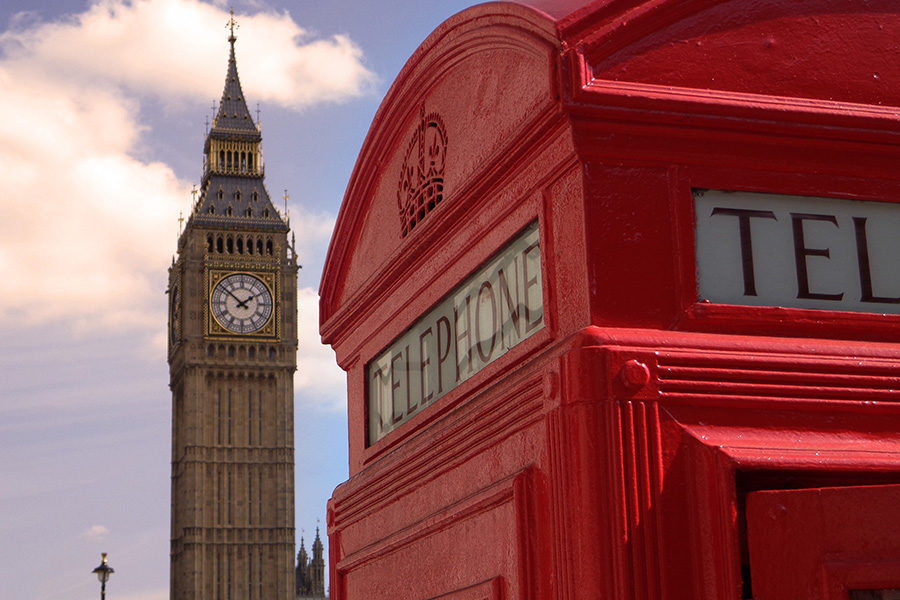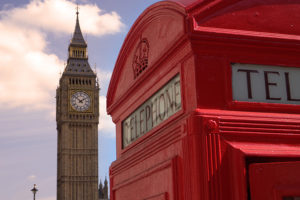UK thinktank reports hardening public attitude towards gambling

The Social Market Foundation’s report suggests that there is little public opposition to tighter gambling regulations.
UK.- The Social Market Foundation (SMF), a public policy thinktank, has reported that the British public’s attitudes is turning to favour harder restrictions on gambling. It suggests that public opinion is not an obstacle to tougher government intervention.
Its briefing paper, entitled “A bitter taste…Exploring the political constraints on public health policies”, gathers the results from various opinion polls and interviews with policymakers on a range of public health issues, including smoking, drinking and obesity, as well as gambling. It aims to highlight political opportunities and constraints.
The paper reviews data from polls conducted by YouGov, Ipsos MORI, Populus, Savanta ComRes and Redfield & Wilton. It concludes that “public opinion doesn’t seem to be the primary obstacle to interventionist public health policies” with most policies studied receiving “at least plurality support”.
The paper finds that policy outcomes are more likely to be resisted by the “media, industry, and party colleagues”, which it finds to be more significant barriers than public opposition. It suggests that this shows a public dissatisfaction with the government’s approach. It highlighted data showing that over three-quarters of respondents to a 2022 survey thought that the government’s efforts regarding obesity, alcohol, diet and exercise were lacking.
As for gambling, the SMF finds strong negative public sentiment. It mentions a 2019 Gambling Commission survey in which 82 per cent of respondents believed there were excessive opportunities for gambling and 62 per cent felt that gambling should be discouraged. Some 29 per cent even believed there should be a complete ban.
The SMF also appeared to criticise the main industry lobby group, the Betting and Gaming Council, saying that “those attempting to regulate gambling are frequently (and mistakenly) labelled as ‘prohibitionists'”. It said this contrasts with its findings that “public health policies are generally popular”. It noted that the 2020 ban on using credit cards for gambling had an 84 per cent approval rate according to YouGov.
As such, it recommended against framing public policy changes as the work of an “overbearing ‘nanny state'”. The report also recommends two strategic approaches for MPs: a “Building ‘scoreboard momentum'” approach, with a focus on the strategic selection of issues to push forward “likely-to-pass measures”, and a “two steps forward, one step back” approach, in which multiple issues are tackled simultaneously with the anticipation of a certain amount of resistance.
The UK government’s gambling white paper has proposed new financial risk checks for gambling. However, these would focus on losses not the amount of money deposited into an account as a proportion of income. The plan is to require enhanced checks after losses of £1,000 a day, or £2,000 over nine months. Gambling minister Stuart Andrew has claimed that only around 3 per cent of gamblers will be affected.










